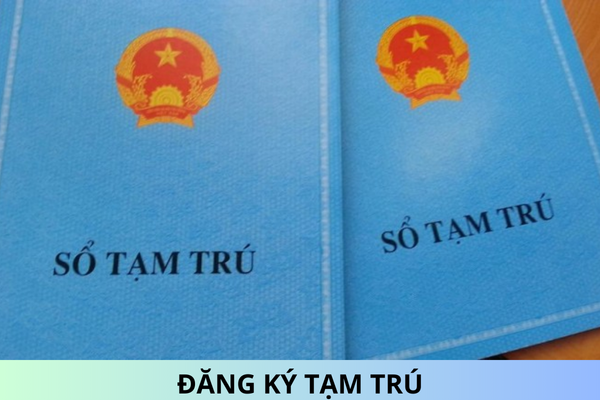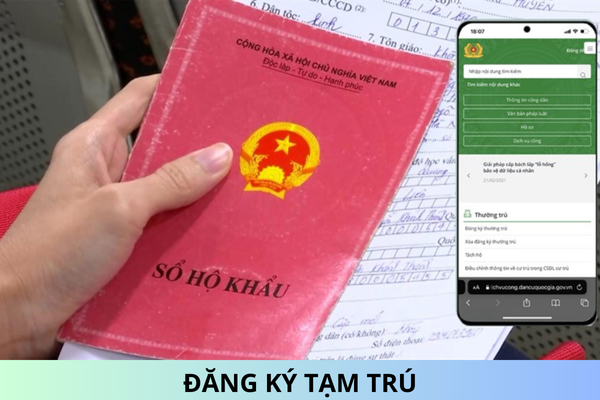Is it possible to claim interest if it is not clearly stated in the loan contract in Vietnam?
Is it possible to claim interest if it is not clearly stated in the loan contract in Vietnam? What is performance of contracts for fixed term loans in civil relations in Vietnam? Are loan contracts without notarization legal in Vietnam?
Is it possible to claim interest if it is not clearly stated in the loan contract in Vietnam?
Is it possible to claim interest when it is not clearly stated in the loan contract? Hello. My name is Tran Ngoc Anh, I live in Hue. I have loaned 100 million to an acquaintance, there is an agreement to calculate interest, but because we do not understand the law, we do not specify how much the interest rate is. Until now, the debt is due, but the borrower has not performed the obligation? Can I ask for a refund of both debt and interest? Looking forward to receiving a reply.
Reply:
Thank you for sending us your question. We would like to answer your questions as follows:
Article 463 of the 2015 Civil Code stipulates: Contract for the loan of property means an agreement between parties whereby a lender delivers property to a borrower. When the loan falls due, the borrower must repay the lender property of the same type in accordance with the correct quantity and quality, and must pay interest if so agreed or so provided by law.
Clause 5, Article 466 of the 2015 Civil Code provides:
5. If a borrower fails to repay, in whole or in part, a loan with interest, the borrower must pay:
a) Interest on the principal as agreed in proportion to the overdue loan term and interest at the rate prescribed in Clause 2 Article 468 in case of late payment;
b) Overdue interest on the principal equals one hundred and fifty (150) per cent of the interest rate in proportion to the late payment period, unless otherwise agreed.
Article 466 of the 2015 Civil Code provides:
1. Where the property lent is a sum of money, the borrower must repay the lender the loan in full when due. If the property is an object, the borrower must deliver to the lender an object of the same type, quantity and quality, unless otherwise agreed.
2. Where a borrower is not able to deliver an object, it may, with the consent of the lender, repay the value of the borrowed object, in cash, as at the time and place of delivery.
3. The place for repayment of a loan shall be the place of residence or head office of the lender, unless otherwise agreed.
4. If a borrower fails to repay all or any instalment of an interest-free loan, in whole or in part, when payment falls due, the borrower must, if the parties so agree, pay interest on the overdue amount from the due date until the date on which payment is made, at the basic interest rate prescribed in Clause 2 Article 468 of this Code, unless otherwise agreed or otherwise prescribed by law.
5. If a borrower fails to repay, in whole or in part, a loan with interest, the borrower must pay:
a) Interest on the principal as agreed in proportion to the overdue loan term and interest at the rate prescribed in Clause 2 Article 468 in case of late payment;
b) Overdue interest on the principal equals one hundred and fifty (150) per cent of the interest rate in proportion to the late payment period, unless otherwise agreed.
Thus, based on the above provisions compared with your case in Vietnam, because you lend interest but do not agree on a specific interest rate, the applicable interest rate in this case is 10%/year. You need to note further, in addition to this debt and interest, you can ask the borrower to pay additional interest on late payment from the time of breach of obligation to the present.

What is performance of contracts for fixed term loans in civil relations in Vietnam?
What are regulations on performance of contracts for fixed term loans in civil relations in Vietnam? Hello! I am a retired officer, currently doing some legal research. Now that the 2015 Civil Code has just come into effect, I have a few questions after doing some research. Could you please tell me: What are regulations on performance of contracts for fixed term loans in civil relations? Looking forward to hearing from you guys! I sincerely thank you!
Reply:
According to the current regulations in the Civil Code 2015, the performance of contracts for fixed term loans is regulated as follows:
1. With respect to a contract for a fixed term interest-free loan, the borrower may return the property at any time, subject to giving reasonable prior notice to the lender. The lender may reclaim the property prior to the due date, subject to the consent of the borrower.
2. With respect to a contract for a fixed term loan with interest, the borrower may return the property prior to the due date, but must pay interest for the entire term, unless otherwise agreed or otherwise prescribed by law.
Performance of contracts for fixed term loans in civil relations in Vietnam is specified in Article 470 of the Civil Code 2015.
Are loan contracts without notarization legal in Vietnam?
Recently, I lent a long-time close friend an amount of 50 million, but because it is a familiar place, I only made a loan contract between the two parties and then the two of us signed it without notarization or no one. witness. Now that I think about it, I'm a bit worried whether such a contract is legal? If my friend does not pay, can I take this contract to sue again? Please advise.
Reply:
Article 463 of the 2015 Civil Code stipulates: Contract for the loan of property means an agreement between parties whereby a lender delivers property to a borrower. When the loan falls due, the borrower must repay the lender property of the same type in accordance with the correct quantity and quality, and must pay interest if so agreed or so provided by law.
On the other hand, according to the provisions of Article 105 of the Civil Code 2015, property comprises objects, money, valuable papers and property rights. Property includes immovable property and movable property. Immovable property and movable property may be existing property or off-plan property.
Thus: From the above evidences in Vietnam, it can be determined that a loan contract is a property loan contract, which is adjusted in accordance with the provisions of the law on property loan contracts specified in the Civil Code 2015 and relevant guidelines.
As noted by us in the Civil Code 2015 and related guiding regulations, currently, the law does not require the property loan contract to be notarized and authenticated at agencies and organizations according to the provisions of law in Vietnam, except where the parties to the loan contract have an agreement on the notarization and authentication of the contract.
Therefore: In case the loan contract between you and your friend is made on the voluntary spirit of the parties and the parties agree to sign the contract, it is still valid even if it is not notarized, certified in Vietnam.
Best regards!










